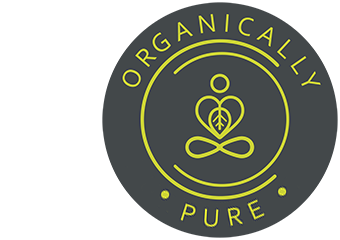Glyphosate is the primary ingredient in Roundup, and is the worlds's most widely-used herbicide. This weedkiller has been considered a "probable human carcinogen" and has been linked to antibiotic resistance and hormone disruption.
Since its introduction by Monsanto in 1974 its use has skyrocketed following the development of genetically modified seeds engineered to tolerate the chemical. The herbicide is now used by more than 160 countries, with its primary use in agricultural crops such as corn, soy and cotton.
The use of glyphosate has recently expanded into crops such as almonds, onions, peaches, cherries, citrus, grapes and there is widespread use on genetically modified seeds.
It should be noted that glyphosate is not included in the U.S government's testing of food for pesticide residues. Therefore, there is no information on how much people are exposed to from living near or eating foods from treated farms. The World Health Organisation recognised that studies show a positive association between glyphosate exposure and Non-Hodgkin's lymphoma.
The risks are also felt in the environment with research suggesting that the use of glyphosate has resulted in an 81 percent reduction in the Monarch butterfly population. These butterflies have a role to play in pollination, without them the survival of seeds, fruit bearing trees and plants may be at risk.
Adopting an organic diet can help rid our bodies of harmful toxins. Changing our diets to incorporate at least 80 percent organic foods can drastically reduce chemical pesticides in your body by up to 90 percent; bringing about dramatic health benefits.



 Organically Pure
Organically Pure 
 Reply With Quote
Reply With Quote